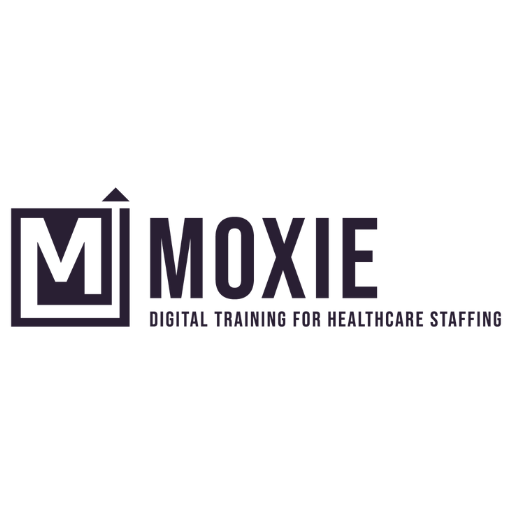By: Adam Gomez
Where have all the jobs gone? That’s the question all of us in the healthcare staffing industry are asking right now. Demand for travel healthcare professionals has decreased dramatically in the past few weeks.
In order to understand the magnitude of this shift in demand for healthcare professionals I reached out to a few of my contacts at ten different staffing agencies. Agency contacts I reached out to represent a fairly balanced cross-section of the healthcare staffing industry at large, varying in size ranging from 10M to > 500M in annual revenue. I asked them to share with me the number of jobs they typically had available (weekly average) before the Covid-19 pandemic, and the number of jobs they had posted during the week of May 11th – May 15th, 2020.
Here’s a breakdown of the information I was able to gather:
Agency 1
8,500 Pre-covid 19 Jobs
600 Jobs (week of May 11th– 15th)
92.9 % Reduction in jobs
Agency 2
2,500 Pre-covid 19 Jobs
750 Jobs (week of May 11th– 15th)
70.0 % Reduction in jobs
Agency 3
5,000 Pre-covid 19 Jobs
1,100 Jobs (week of May 11th– 15th)
78.0 % Reduction in jobs
Agency 4
1,900 Pre-covid 19 Jobs
450 Jobs (week of May 11th– 15th)
76.3 % Reduction in jobs
Agency 5
1,000 Pre-covid 19 Jobs
300 Jobs (week of May 11th– 15th)
70.0 % Reduction in jobs
Agency 6
7,000 Pre-covid 19 Jobs
1,500 Jobs (week of May 11th– 15th)
78.6 % Reduction in jobs
Agency 7
6,000 Pre-covid 19 Jobs
329 Jobs (week of May 11th– 15th)
94.5 % Reduction in jobs
Agency 8
3,000 Pre-covid 19 Jobs
300 Jobs (week of May 11th– 15th)
90.0 % Reduction in jobs
Agency 9
12,000 Pre-covid 19 Jobs
2,500 Jobs (week of May 11th– 15th)
79.2 % Reduction in jobs
Agency 10
4,000 Pre-covid 19 Jobs
1,200 Jobs (week of May 11th– 15th)
70.0 % Reduction in jobs
On average, among the agencies I spoke with, there has been a whopping 80% reduction in the number of jobs that agencies are staffing today, when compared to job numbers prior to the Covid-19 pandemic.
In speaking with my contacts, they all seemed relatively certain things would bounce back. But overall, they did seem concerned by the magnitude of the shift in demand.
Following an initial increase in demand for some healthcare professionals generated by the Covid-19 pandemic, there has been a monumental decrease in demand. But, why?
From the conversations I’ve had with my contacts, there seem to be many factors responsible for the plummeting demand of healthcare professionals.
First, hospital census is down due to stay at home orders across the country. People are staying home and therefore there are fewer events occurring that warrant a trip to the hospital (e.g., accidents, injuries, etc.).
Another reason for the sharp shift in demand is that hospitals stopped performing non-emergent surgeries. Fewer surgeries results in fewer patients in other hospital departments.
Surgical procedures are the single greatest source of revenue for hospitals, accounting for 60% of a hospitals revenue. The stoppage of non-emergent surgical procedures has had a devastating financial impact on hospitals. As evidenced by recent reports of hospitals furloughing employees, reducing compensation, and even suspending benefits. The financial strain placed on hospitals by Covid-19 and the subsequent lockdown, is another a major contributing factor for the diminished demand for healthcare professionals we’re seeing right now.
Overall, there has been a dramatic decline in the demand for healthcare professionals in virtually every market and every specialty area. There are a variety of reasons for the decline in open jobs and it’s unclear when the market will rebound. Many believe that as the country begins to re-open, we’ll see jobs begin to open back up. I believe that will likely be the case but after speaking with others I’m not certain it will happen as rapidly as many of us would like them to. In the meantime, recruiters must focus on the jobs they do have, and healthcare professionals must be flexible with respect to pay and location if they intend to travel in this current market.
Stay tuned…over the next several weeks we’ll take a look at how you can set up for success during a recession.





